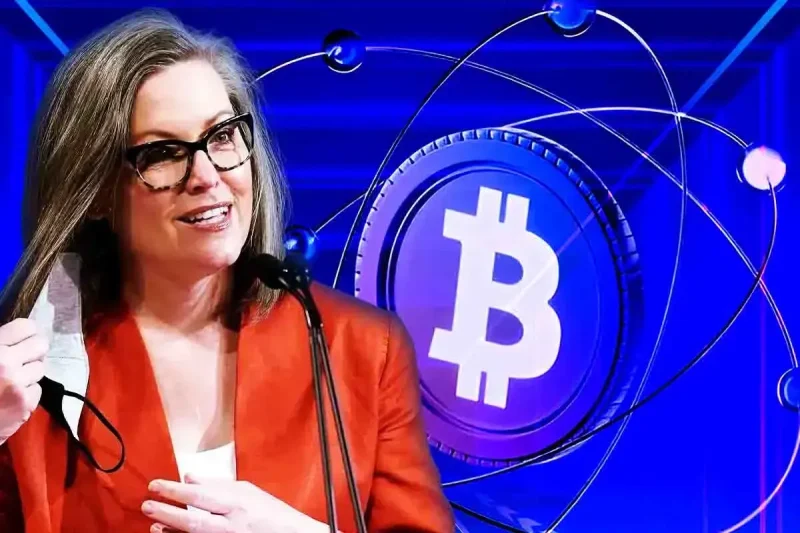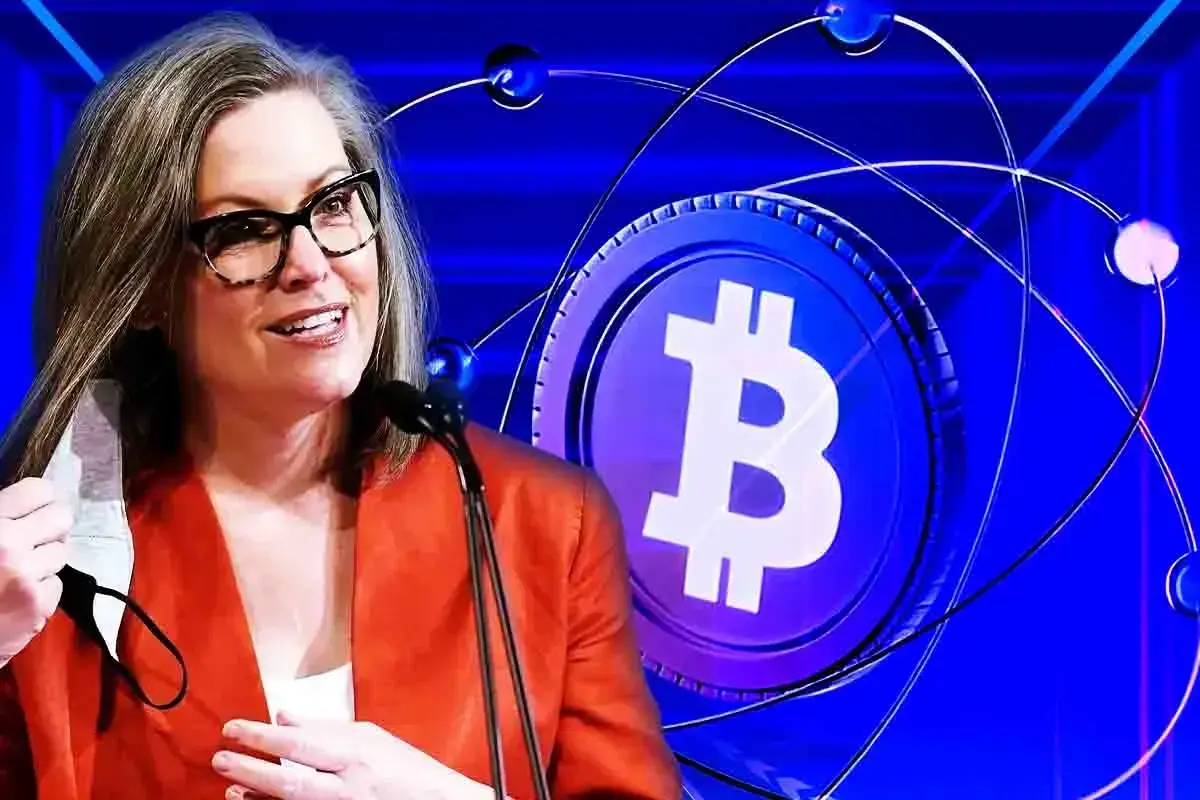

Governor Katie Hobbs has vetoed a bill that aimed to let Arizona invest retirement funds in crypto assets like Bitcoin. The Senate Bill 1025 proposed adding virtual currency to the portfolio of the Arizona State Retirement System.
Hobbs rejected the policy earlier today, saying it puts “untested assets” into a program known for stable results.
In a letter to Senate President Warren Petersen, Hobbs said the state’s retirement system is one of the strongest in the country. She argued that crypto remains too risky and that retirement funds should not be used to test new markets.
Bitcoin Reserve Blocked as Governor Weighs Investment Risks
Senate Bill 1025 was one of the first efforts in the US to bring digital assets into public pension programs. Lawmakers in Arizona framed the bill as a forward-looking step, and they believed crypto could help diversify investment returns.
However, Governor Hobbs disagreed. She said the fund’s current strength comes from careful planning and tested investments. And so her decision now blocks any crypto exposure in the state’s pension accounts.
Public Investment Continues to Remain Out of Crypto’s Reach
Supporters of the bill have been arguing that adding Bitcoin and other digital assets could future-proof public funds. However, the opponents opine that the bill lacked proper risk models and oversight. The veto gives momentum to the cautious approach adopted by several state governments to manage public funds.
The bill would have led Arizona in public adoption of crypto assets, but that path now seems uncertain. Crypto assets will stay out of state-backed retirement portfolios unless lawmakers revise the proposal or rally enough votes to override the veto.
Arizona’s Crypto Bill Had Earlier Gained National Attention
Just days before the veto, Arizona lawmakers passed two bills that would have allowed the state to invest up to 10 percent of public funds in Bitcoin. Senate Bill 1025 and its counterpart, SB1373, passed both chambers and placed Arizona ahead of other states weighing similar moves.
Some supporters saw the bill as a strategic way to hedge public funds against inflation. The veto now closes the door on what could have been the first state-level Bitcoin reserve in the country.
The pending bill, SB1373, would allow the state to reserve up to 10% of Arizona’s rainy-day funds in digital assets like Bitcoin. This bill is yet to reach a final vote. Several other US states like Oklahoma, Montana, South Dakota and Wyoming have also been pursuing similar efforts, but to no avail as yet.
The post Blow to Bitcoin? Arizona Governor Vetoes Pioneering US Crypto Reserve Bill appeared first on CoinGape.
